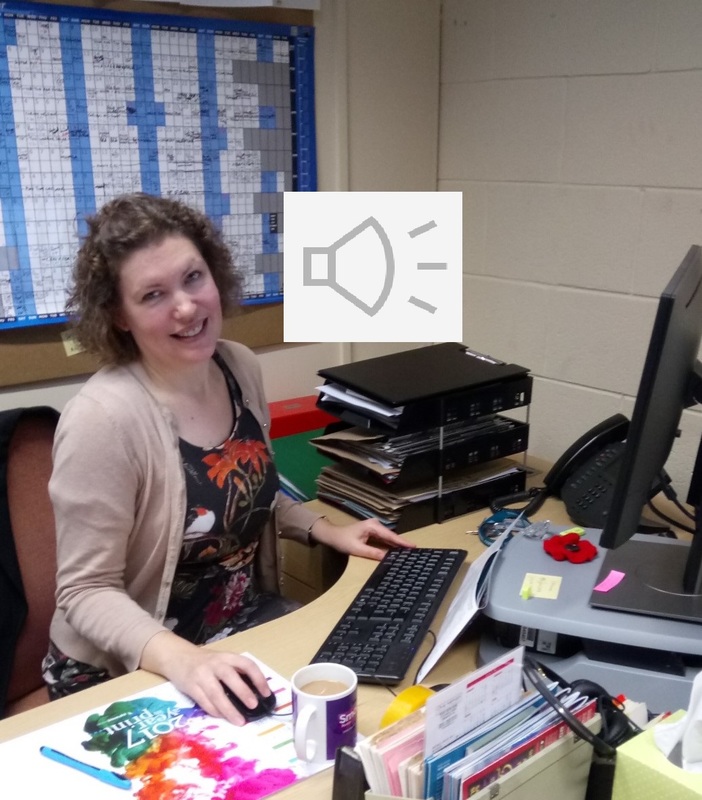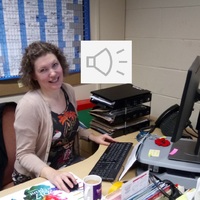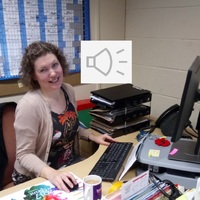Title
Lucy Thomas Interview - How the Publicity Role Has Changed Since 1997
Date
20 November 2017
Description
Oral history interview with Lucy Thomas, Theatre Royal & Royal Concert Hall Press & PR Manager since 1997.
What's the story?
Lucy Thomas has been dealing with local and national media in relation to the shows and stars that come to the Theatre Royal since 1997: 21 years and counting!
In this interview she talks about how her job has changed over the past 20 years since 1997 and how she communicates with the media in the digital age:
I think the main difference is that I was never off the phone 20 years ago and now I’m never off email. Everyone communicates with each other by email now and, back in the day, we all used the phone. So, I was never off the phone, now I’m never off the email. The technical differences I would say: there was no digital, there was no internet 20 years ago. So we had a computerised ticketing system in the box office. That was it. Everything else was the phone. I think we had a couple of fax machines. But everything that I sent out, literally was sent. It was posted in an envelope with a stamp on it. So all the images, all the press release copy.
Obviously you’ve got to send that a lot further ahead. Because if you send it via email, it’s instant. They have it instantly. They could put it on their website immediately, couldn’t they? Within minutes. So I guess I don’t have to work quite as far ahead. I don’t have to ration my media assets. I used to be sent 10x8 glossy photos of shows that were on tour and I would have to ration them to the media that I thought would use them. Sending the best one, because they’d all be different (why, I don’t know - just choose the best one and send 6 of those). So I’d have to send the best one to my best contact and then gradually less, so some of the smaller regional newspapers used to get really rubbish pictures from me every week. Why they still used them, I’ve no idea. Whereas now I can send all 6, the whole range, to everybody, in the world, should I choose.
So, I think the digital revolution has touched us all, hasn’t it, but the main difference, I would say, is speaking less to people person-to-person, but still speaking as much to people, just typed on an email. So there’s still as much communication: it’s just in a different form.
In this interview she talks about how her job has changed over the past 20 years since 1997 and how she communicates with the media in the digital age:
I think the main difference is that I was never off the phone 20 years ago and now I’m never off email. Everyone communicates with each other by email now and, back in the day, we all used the phone. So, I was never off the phone, now I’m never off the email. The technical differences I would say: there was no digital, there was no internet 20 years ago. So we had a computerised ticketing system in the box office. That was it. Everything else was the phone. I think we had a couple of fax machines. But everything that I sent out, literally was sent. It was posted in an envelope with a stamp on it. So all the images, all the press release copy.
Obviously you’ve got to send that a lot further ahead. Because if you send it via email, it’s instant. They have it instantly. They could put it on their website immediately, couldn’t they? Within minutes. So I guess I don’t have to work quite as far ahead. I don’t have to ration my media assets. I used to be sent 10x8 glossy photos of shows that were on tour and I would have to ration them to the media that I thought would use them. Sending the best one, because they’d all be different (why, I don’t know - just choose the best one and send 6 of those). So I’d have to send the best one to my best contact and then gradually less, so some of the smaller regional newspapers used to get really rubbish pictures from me every week. Why they still used them, I’ve no idea. Whereas now I can send all 6, the whole range, to everybody, in the world, should I choose.
So, I think the digital revolution has touched us all, hasn’t it, but the main difference, I would say, is speaking less to people person-to-person, but still speaking as much to people, just typed on an email. So there’s still as much communication: it’s just in a different form.
Type
Oral interview
Location of item
Theatre Royal & Royal Concert Hall
Rights
Theatre Royal & Royal Concert Hall
Contributor
Interviewers: Stephen Bray & Liz MacKenzie
Transcriber: David Chilton
Transcriber: David Chilton


